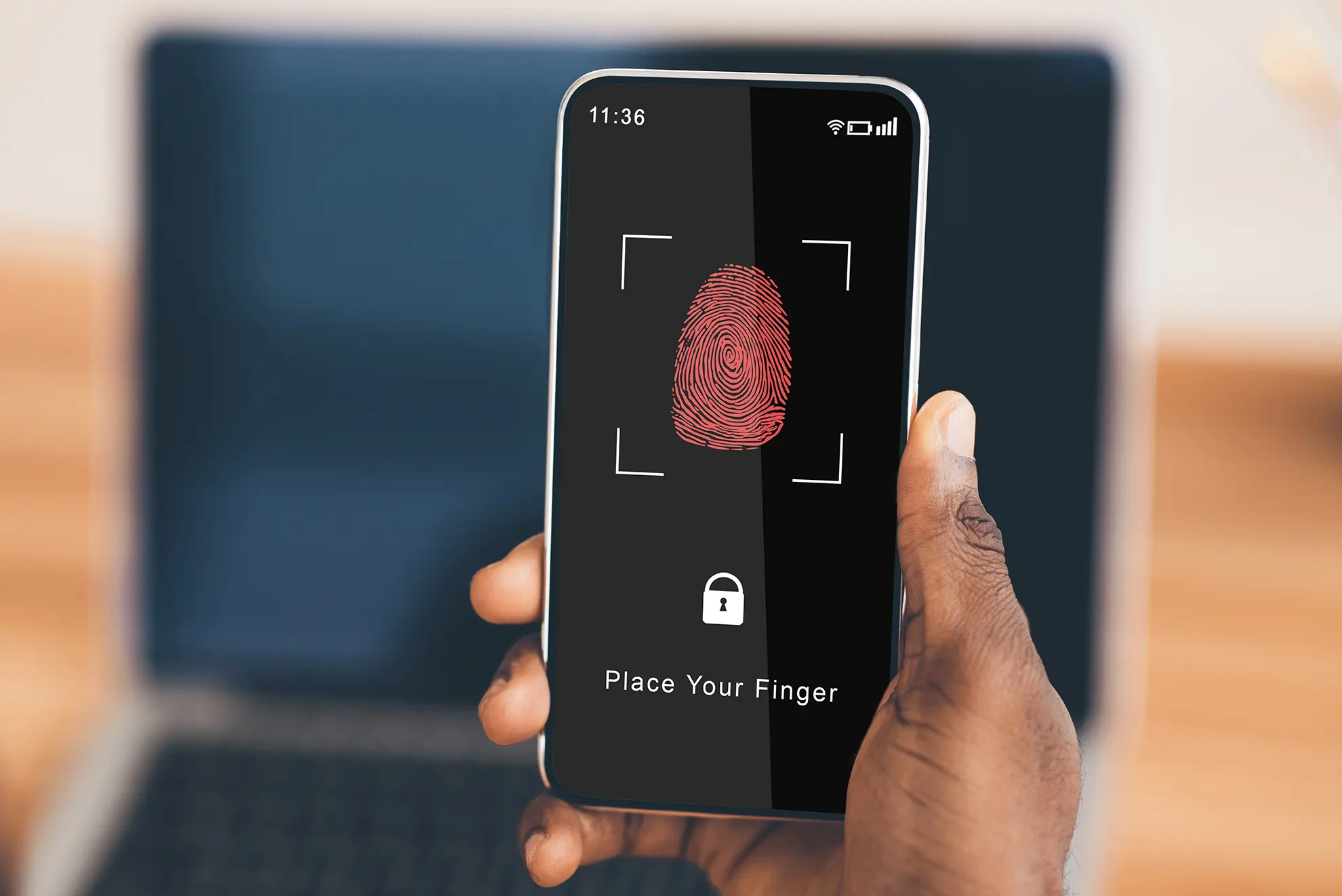
ELECTRONIC CERTIFICATES OPEN THE DOORS TO TELEMATIC IDENTIFICATION
The new law 6/2020, of November 11, is born, regulating certain aspects of electronic trust services, which complements Regulation (EU) 910/2014 and repeals Law 59/2003 of December 19 on electronic signature and the precepts incompatible with Regulation (EU) 910/2014.
MAIN NEWS.
-
ELECTRONIC CERTIFICATES:
-
Validity. They will not be valid for more than 5 years.
-
Verification methods: It is expected that other methods such as video-conference or video-identification can be established by regulation that provide equivalent reliability in terms of physical verification.
-
“By regulation, by order of the holder of the Ministry of Economic Affairs and Digital Transformation, other conditions and technical requirements for remote identity verification will be determined and, if applicable, other specific attributes of the person requesting a qualified certificate, through other identification methods such as videoconference or video-identification that provide security equivalent in terms of reliability to physical presence as assessed by a conformity assessment body. The determination of these conditions and technical requirements will be made based on the standards that, where appropriate, have been determined at the community level.
-
OBLIGATIONS AND RESPONSIBILITIES OF TRUSTED ECONOMIC SERVICE PROVIDERS:
This section highlights the rules relating to the protection of personal data, established in article 8, and the information security obligations established in article 13. In addition, a much more rigid supervision and control regime is established. Trusted electronic service providers are required to publish truthful information in accordance with the new standard and Regulation (EU) 910/2014. Another section of notifications on the platform of the certificates is created, in this way the providers that issue electronic certificates must have a public consultation service on the status of validity or revocation of the certificates.
WHO WILL BE IN CHARGE OF SUPERVISING AND CONTROLLING COMPLIANCE WITH THE NEW LAW?
The responsible body is the Ministry of Economic Affairs and Digital Transformation (we leave a link for more information: https://portal.mineco.gob.es).
It will also be in charge of publishing and updating the trust list with information regarding qualified trust service providers.
WHAT OTHER SUBJECTS DOES THE MINECO DEAL WITH?
-
The Secretary of State for the Economy and Business Support.
-
The Secretary of State for Digitization and Artificial Intelligence.
-
The Secretary of State for Telecommunications and Digital Infrastructures.
DIANA CABALLERO AGUIRRE
CEO at Martínez & Caballero Abogados
